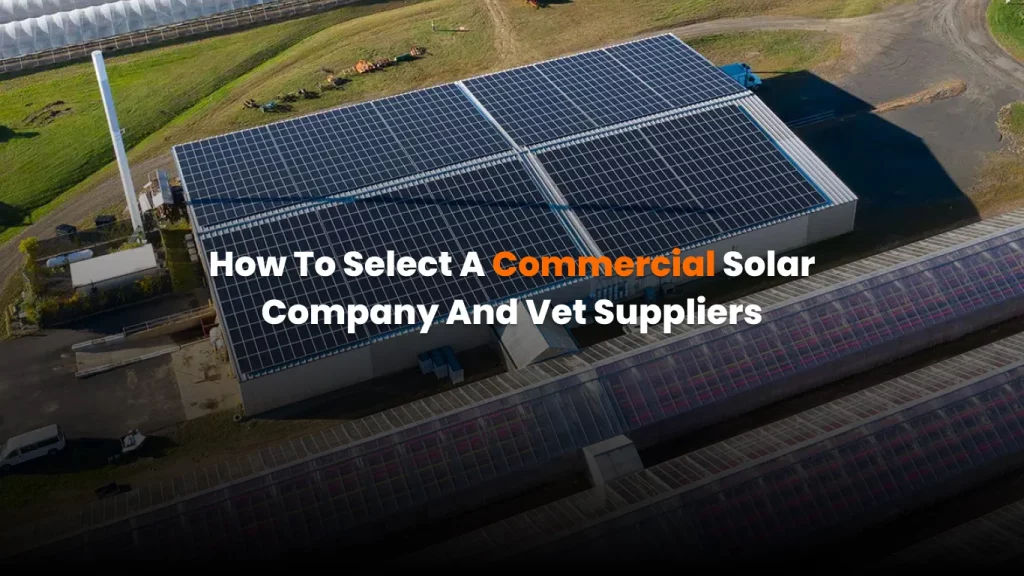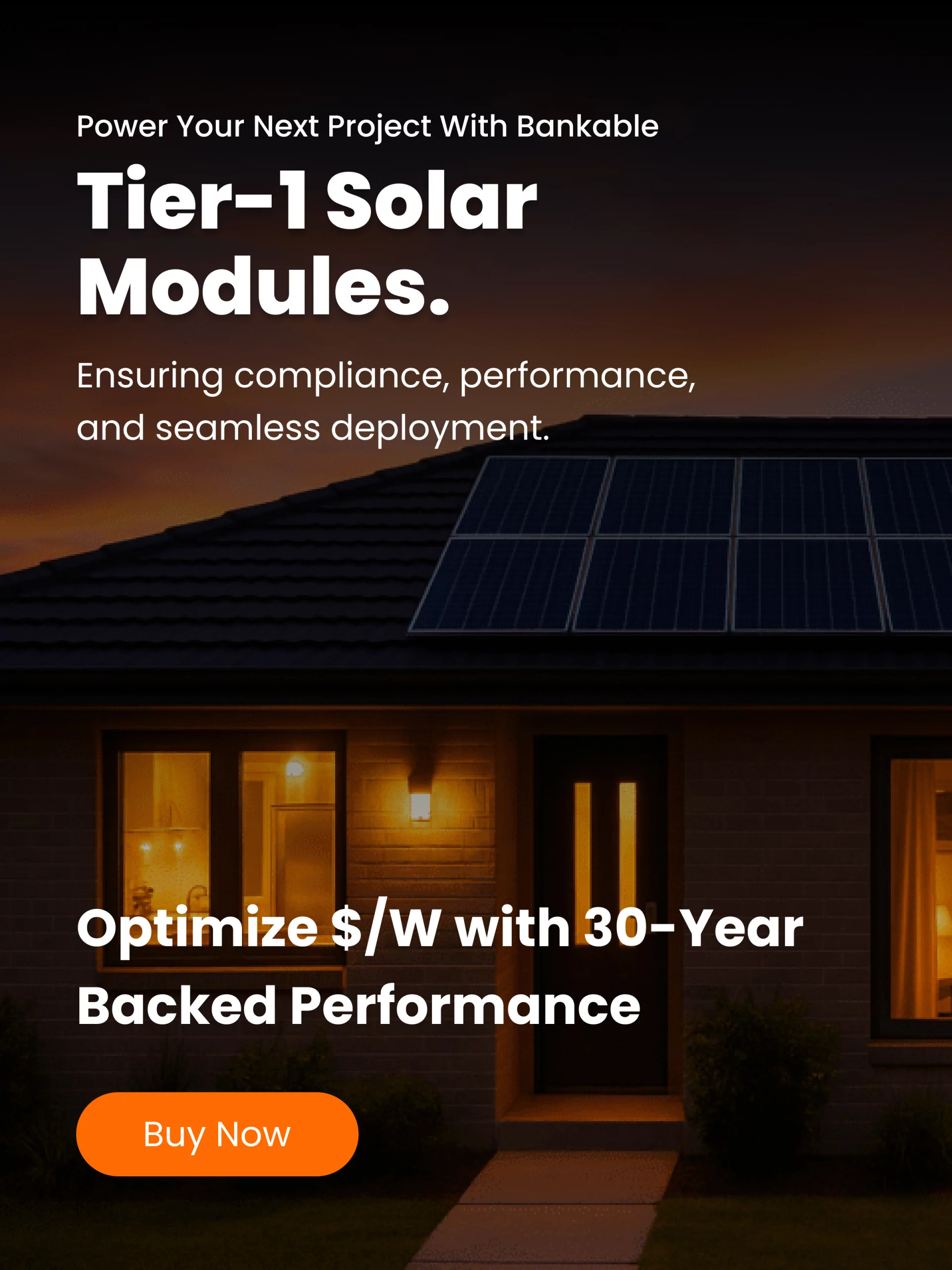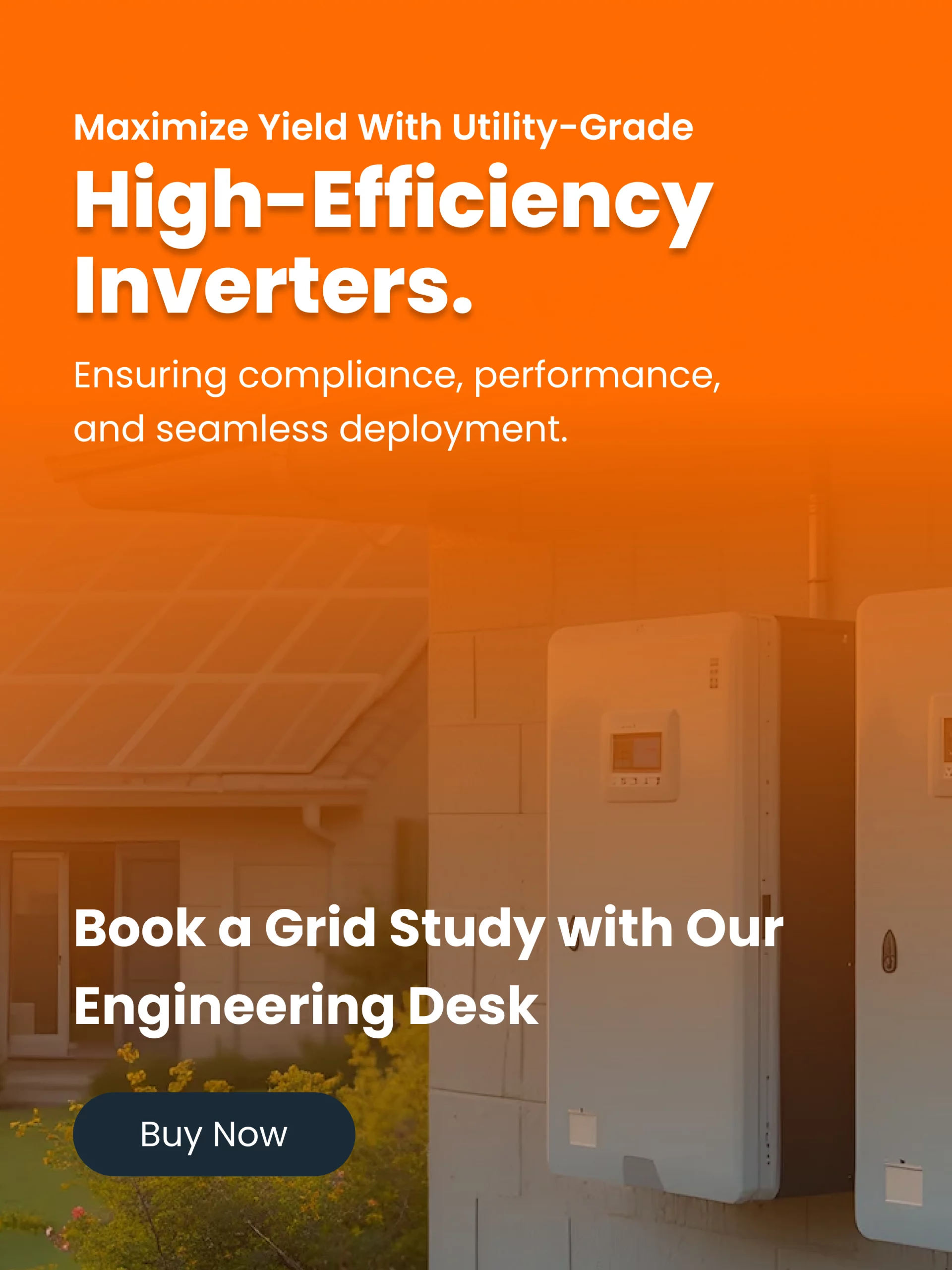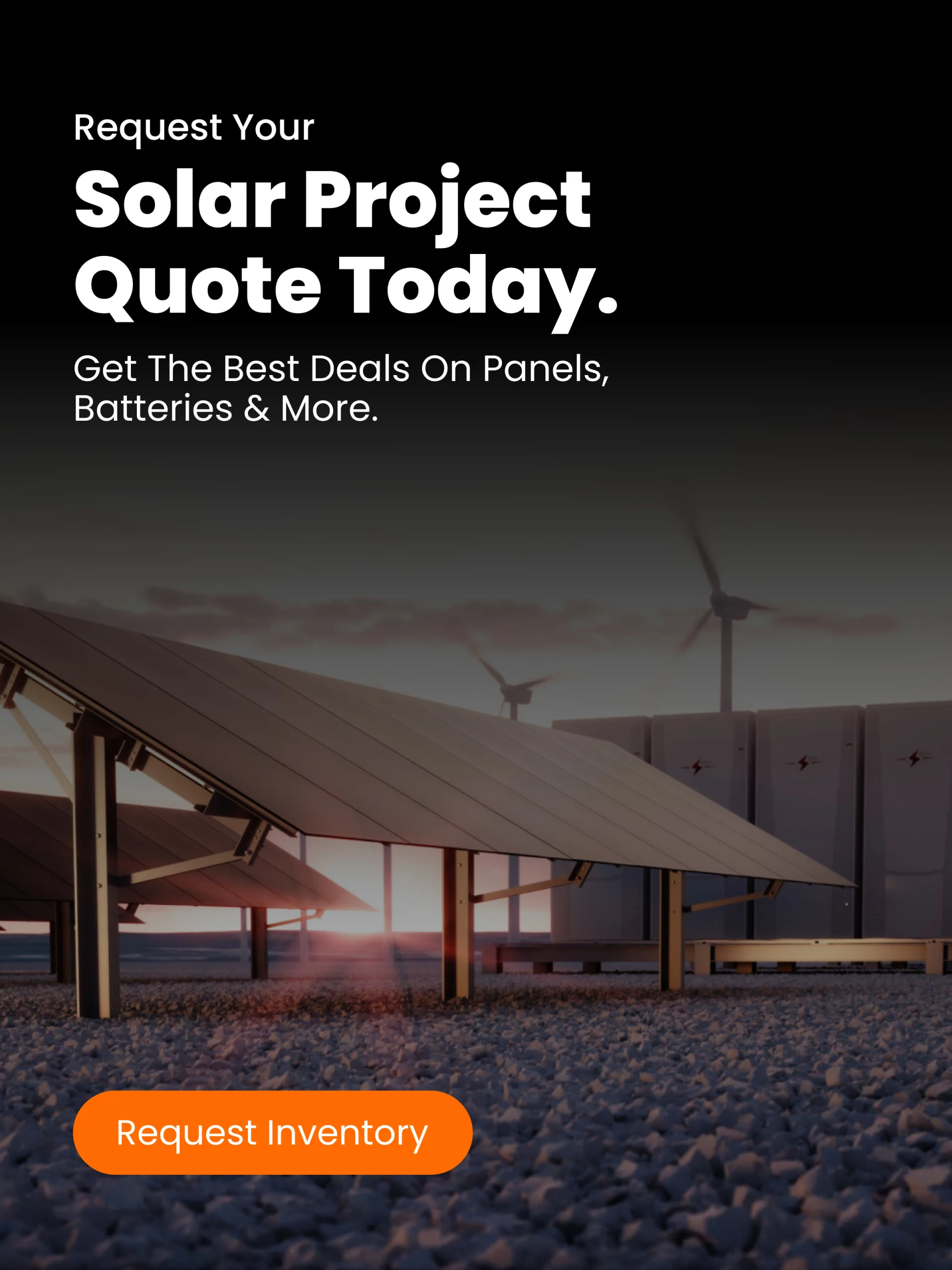Adopting solar power allows companies to cut energy costs and demonstrate environmental leadership. Commercial installations are growing rapidly while system prices continue to fall. Choosing the right commercial solar company is therefore essential to ensure safe installation, favorable pricing and reliable long-term operation. This guide summarises the due diligence steps, credentials and contract clauses that businesses should review when partnering with installers and suppliers.
Why Due Diligence Matters
Solar projects run for decades, so an installer’s expertise and financial stability have a lasting impact. Government guides recommend verifying qualifications, license status and references to ensure correct permitting and to avoid losing warranty support. Experienced installers also navigate interconnection rules and incentives efficiently, reducing delays and unexpected costs.
Qualifications, Certifications and Experience
The first step is to confirm that the company holds the appropriate electrical contractor license. States often require licensed electricians for racking, wiring and equipment installation. Ask for the contractor’s license number and verify it through the state licensing board to ensure the company is in good standing and properly insured.
Professional certifications such as the North American Board of Certified Energy Practitioners (NABCEP) credential indicate that staff have undergone rigorous training and continuing education. Look for installers with more than fifteen years of experience and a portfolio of completed systems. Request case studies and references to confirm they meet expectations, address permitting issues and provide responsive post-installation support.
Vetting Suppliers and Ethical Standards
After selecting an installer, evaluate the equipment vendors. Reputable suppliers belong to industry associations and follow ethical codes. B2B exchanges advise buyers to review references, verify product ownership, discuss warranties and return policies, and inspect sample shipments. Requesting serial numbers or photos of items in storage helps ensure authenticity.
Assessing Warranties and Performance Guarantees
Review warranty terms carefully. Manufacturers typically guarantee that panels will deliver at least eighty percent of their rated power after twenty-five years. Inverters have shorter coverage and installers should provide a workmanship warranty of at least two years. Clarify which party handles warranty claims and what labor or shipping costs are covered.
Contractual Considerations and Payment Terms
Ask for a written contract that lists the equipment, labor and timelines and details change order procedures. The contract should also document incentive applications and outline how renewable energy certificates will be handled. Down payments should be reasonable and paid with a credit card; avoid prepaying the full amount and be wary of high-pressure sales tactics.
Site Assessment and Local Expertise
Commercial arrays must be tailored to the site. Installers should inspect roof condition, shading and structural capacity and provide energy production estimates. Local companies understand regional permitting, interconnection rules and incentives and have relationships with utilities and permitting offices.
Pricing Trends and Supply Chain Considerations
Market dynamics affect equipment availability and project costs. The SEIA Solar Market Insight report notes that commercial system prices fell to $1.47 per watt in early 2025 even though module prices rose two to five percent because of trade investigations. U.S. module manufacturing capacity expanded from 14.5 GW in 2023 to 42.1 GW in 2024. Buyers should consider domestic sourcing to reduce shipping delays and import tariffs.
Due Diligence Checklist for Commercial Solar Company Selection
| Category | Key Considerations | Examples and Guidelines |
|---|---|---|
| Licensing | Confirm that the company holds an appropriate electrical contractor license and verify it online | Many states require licensed electricians for racking and wiring; most offer online license lookups. |
| Certifications | Ensure the installer has NABCEP or similar credentials and is licensed by the state | NABCEP certified installers complete specialized training and ongoing education; state contractors must display license numbers. |
| Experience | Select companies with a long operating history and ask for references and project photos | Look for installers with fifteen to twenty years of experience. |
| References and reviews | Contact references and check neutral review sites to gauge past customer satisfaction | References should confirm the installer resolved issues; third-party sites like the Better Business Bureau can provide additional insights. |
| Warranties | Examine manufacturer and installer warranties to ensure adequate coverage | Panels should deliver at least eighty percent output after twenty-five years; installers should provide at least two years of workmanship warranty. |
| Contract and payment | Obtain a detailed contract listing equipment, work and timelines; avoid large upfront payments | Ask for a bid specifying all materials and work; pay with a credit card without prepaying the full amount. |
| Supplier ethics | Choose vendors who follow industry codes and verify equipment authenticity | Membership in solar industry associations implies ethical standards; buyers should verify serial numbers and inspect sample shipments. |
Conclusion
The rapid growth of commercial solar adoption offers businesses a unique opportunity to reduce energy costs and demonstrate environmental leadership. As system prices fall and domestic manufacturing expands, more companies are exploring solar installations. Yet the long-term success of a project depends on choosing a qualified commercial solar company and thoroughly vetting equipment suppliers.
Key steps include verifying licenses and certifications, assessing experience and references, checking warranties and ethics, and reviewing contracts and payment terms. By following the due diligence checklist and leveraging local expertise, businesses can enter into solar agreements with confidence and maximize the benefits of clean energy.
Thorough vetting also strengthens supply chain resilience. When buyers insist on ethical practices and domestic sourcing, they support manufacturers that invest in quality and sustainability. Taking the time to compare credentials, warranties and contract details protects your investment and ensures that the system continues to deliver energy savings for many years.




